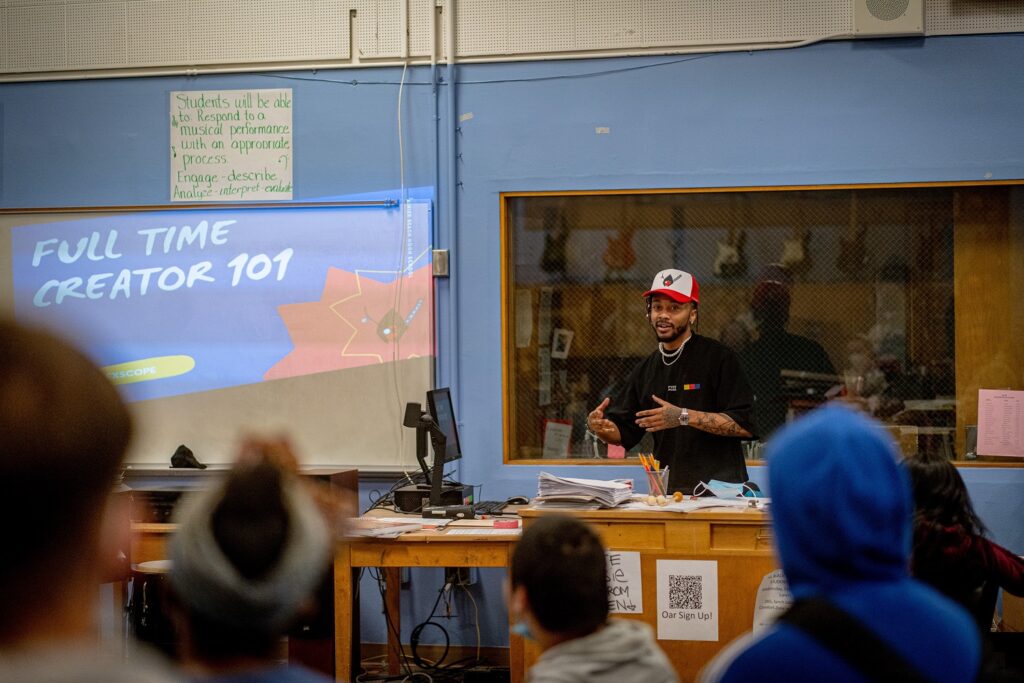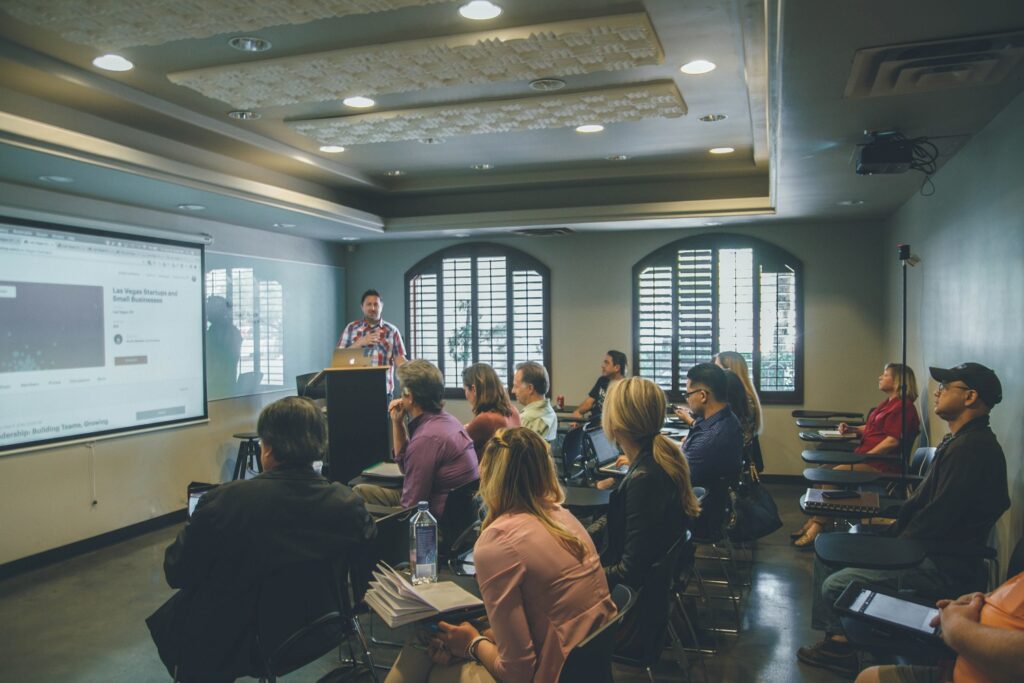The Role of Didactics in Building the Future-Ready Workforce
“We are currently preparing students for jobs that don’t exist …. using technologies that have not been invented….in order to solve problems we don’t even know are problems yet”.
Richard Riley.
Should students limit themselves to only the walls of their classroom? Should employers limit themselves by considering only degrees when hiring? Due to the rapidly changing nature of our present world, the COVID-19 pandemic, economic recession and high inflation rates, there ought to be an education on how we can prepare ahead for what the future holds for us both as an employee in any organization or as a student. To avoid the problem of long-term employees being sacked from their workplaces in the nearest future without any misconduct or due to lack of digital expertise, there is the need to build a future-ready workforce. To respond, adapt, and thrive in this ever-changing environment and world, students should begin to add up skills to their certificate, it should not just be only their primary course of study in school. Being a graduate is no longer enough to equip students for the present world and the coming era. The graduates that will survive the coming century must have a builder mindset and capacity.

Gone are the days when education was limited to the pages of a book and students memorized information solely to pass an examination. Students should possess skills that go beyond jobs and technology and will last a lifetime. Skill-based learning will promote independence, it will enhance creativity and encourage teamwork, and develop the student’s social and communication skills.
The educational system can help in a lot of ways to achieve all of this workforce. Schools should allow students to thrive in an environment that values curiosity and innovative thinking. Teaching and learning should not just be theory but more practical, the students can be given real-life challenges and problems that involve teamwork and creative thinking.

Students should acquire a set of flexible skills such as creative skills, entrepreneurial skills, leadership skills, digital skills and even soft skills. All these can be added to the syllabus and made compulsory for all to partake in the skills. Vocations and workshops should be organized and fully funded by the school to assist those with financial problems.
It is important to define the key concepts here, which are didactics and a future-ready workforce. Workforce literally means employees, who form a critical part of an organization. Future-ready Workforce, therefore, means proactive employees, who have the skills and the capabilities to act and respond to the present and future development demands of an organization. While didactics, according to Wikipedia, is an educational style to present information or impart knowledge or skill to certain individuals. Who is the Future-ready Workforce? Students who are already on the way to their career path, employees who are working already and those who have been working on a long-term basis. A future-ready workforce needs to be prepared for what the future holds, by having the capabilities, knowledge and skills to meet future challenges and problems. There should be something significant about them that even machines and robotics will not be able to perform. Things like imagination, resilience, empathy, creativity, communication skills and critical thinking. This makes the future-ready workforce necessary and irreplaceable. It is our responsibility to develop our workforce with this mindset and these capabilities. And it starts with the use of education to instruct or teach all about how we can all be prepared for what the future has for us.

Didactics can be used in building a future-ready workforce by:
Training for soft skills: Skills such as leadership, communication and listening are essential for an organization. However, these appear to be very rare. An organization should train its employees in these soft skills. These skills are essential for changing and adapting.
Organization of workshops and training centres: future literacy workshops and training should be provided for employees with skills that help them understand the formulation of desires toward their personal lives and careers.
Provide Educational Coaching and Support: There should be mentorships and support for youth to demonstrate their skills alongside pursuing their careers: Schools should embrace students’ skills alongside their academics. They should also be mentorship programs on how students can run their academics and skills together. Also, educational coaching helps employees find the right program for them and their current lifestyle.

In conclusion, the world is highly competitive for industries. The nature of work is rapidly changing and the only way to sustain it is to build a future-ready workforce and this can be done with the use of didactics. To create a future-ready company, first, you need to understand what skills you need for the future, You should focus more on soft skills. These are scarce, as people can gain technical skills through solitary learning. To gain soft skills like learning and communication skills, you need others who can teach and put you through developing them.
– written by Boluwatife Adenle
The Editorial team, God is Love Educational Foundation


